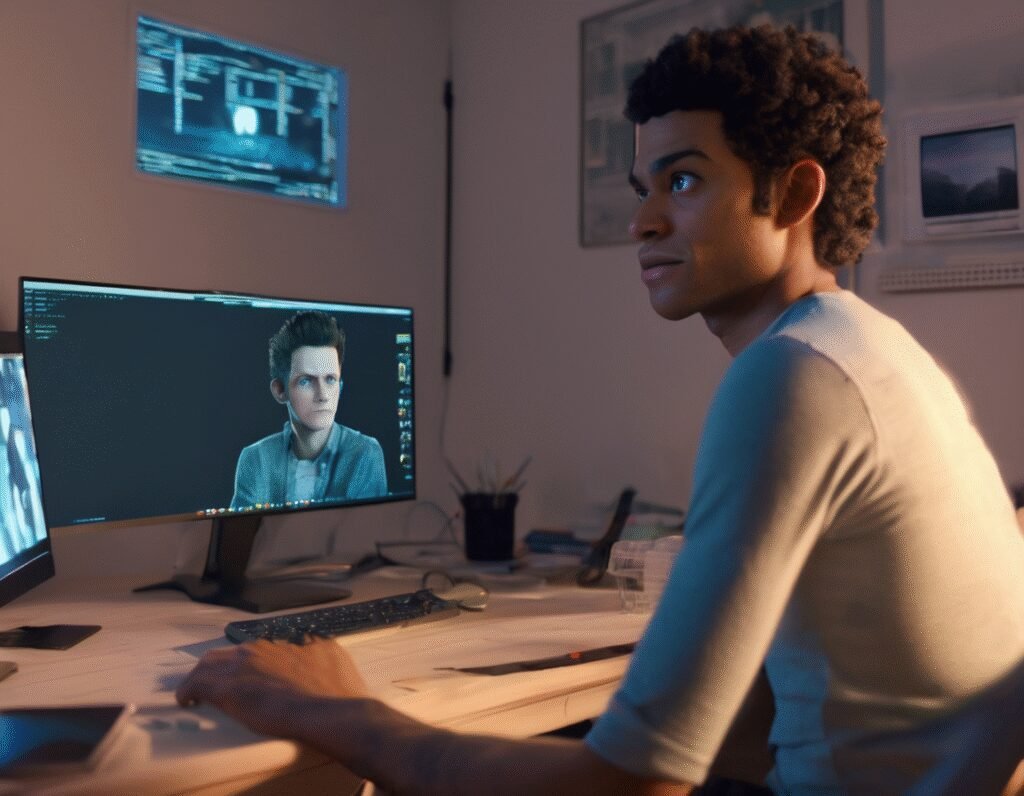Conor logged in for his virtual interview expecting a human recruiter. Instead, he found himself face-to-face with a digital avatar. This scenario, which sounds like a sophisticated phishing scheme from a foreign hacker, is actually the product of a million-dollar US startup named Alex.
The company was founded by John Rytel, a Brown University dropout, and Aaron Wang, a former Facebook AI employee. Their creation, Alex, is an AI-powered recruitment automation tool designed to help companies fast-track their initial candidate screenings and interviews. The platform aims to streamline the hiring process by handling the early, repetitive stages of interaction, allowing human recruiters to focus on the most promising applicants.
After a successful stint in the prestigious Y Combinator startup program in the winter of 2024, the company, then operating under the name Apriora AI, secured significant venture capital funding. It raised 2.8 million dollars to further develop its technology and expand its market reach. The investment underscores a growing confidence in AI-driven solutions for human resources and operational efficiency.
The core technology behind Alex involves advanced artificial intelligence and natural language processing, enabling the digital avatars to conduct coherent, responsive, and surprisingly human-like conversations with job candidates. This allows for a more engaging screening process than traditional one-way video interviews or automated questionnaires. The system can analyze not just the content of a candidate’s answers but also subtler cues, providing a comprehensive assessment to the hiring company.
This innovation arrives at a time when businesses are increasingly turning to automation to optimize costs and save valuable time. The use of AI in recruitment, however, also sparks important conversations about the future of employment interactions. It raises questions regarding the potential for algorithmic bias, the loss of human touch in building company culture, and the ethical implications of delegating such a human-centric process to machines.
Proponents argue that tools like Alex can make hiring more efficient and data-driven, potentially removing human biases from initial screenings. Critics, however, worry about the depersonalization of the job market and the technical challenges of ensuring the AI judges candidates fairly without inheriting biases from its training data.
The emergence of Alex represents a significant step in the integration of artificial intelligence into everyday business practices. It highlights a shifting landscape where digital entities are no longer just tools but active participants in critical professional procedures. As this technology continues to evolve, it will undoubtedly continue to reshape how companies find and evaluate talent, for better or worse. The conversation around its impact on the future of work is just beginning.

